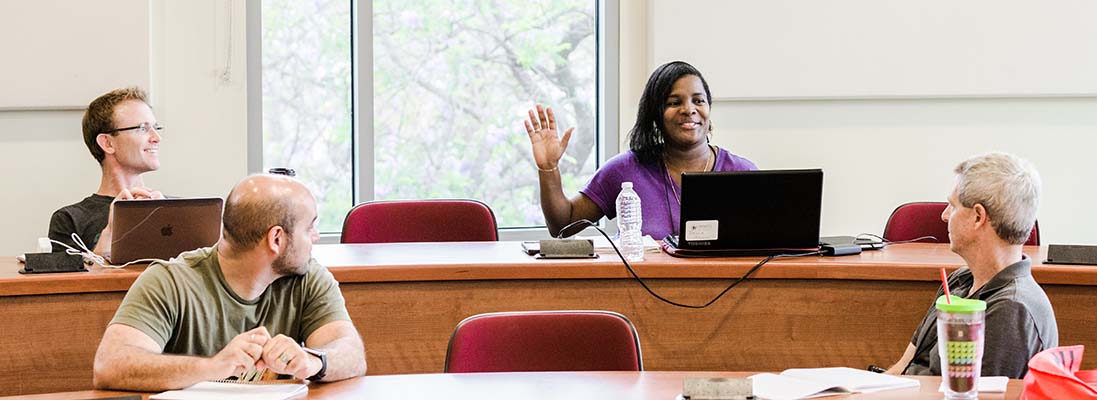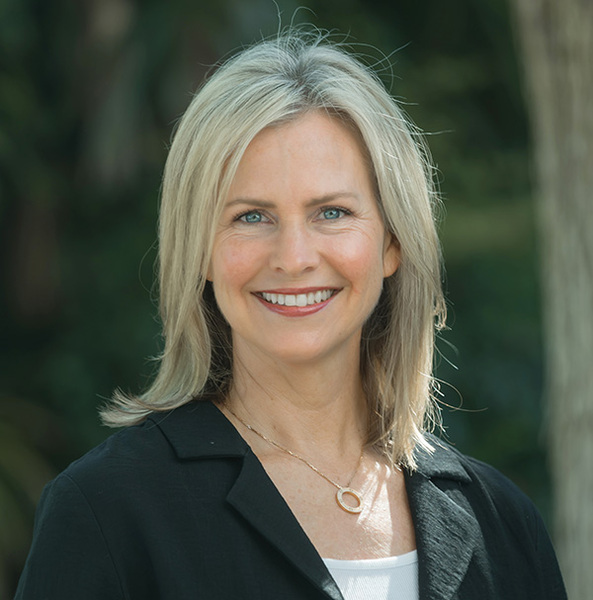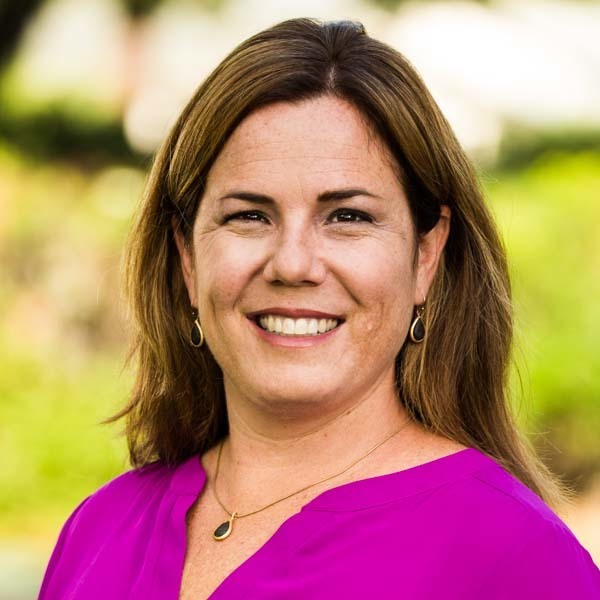Ph.D. in Intercultural Education
Overview
The Ph.D. in Intercultural Education equips experienced educational professionals for vocations in various educational arenas. The program aims to produce graduates who engage in research and writing about cross-cultural educational endeavors, are competent educators for intercultural contexts, and integrate a biblically informed perspective into their understanding and practice of education.
Biola University will prepare you for a career in intercultural education through advanced qualitative research and scholarship. Through guidance from our exceptional faculty, you will be academically and spiritually transformed, fully equipped to communicate, live, work and fulfill the Great Commission in any cultural setting with sensitivity and effectiveness.
Upon completion of the Ph.D. in Intercultural Education, you will be able to:
- Demonstrate a mastery of relevant theories in intercultural education and related disciplines associated with one’s research area and/or ministry context.
- Engage in and publish independent educational research.
- Generate new understandings and explanations (e.g., theoretical constructs) and apply them in culturally appropriate ways to the improvement of educational outcomes in diverse contexts.
- Discuss and analyze the integration of one’s faith commitments, theological understandings, and pertinent educational convictions.
- Exemplify rigorous scholarship accompanied by Christ-honoring professionalism in all scholarly activities.
Global Learning Center
The global learning center provides students the unique opportunity to earn credits while taking courses in Chiang Mai, Thailand.




